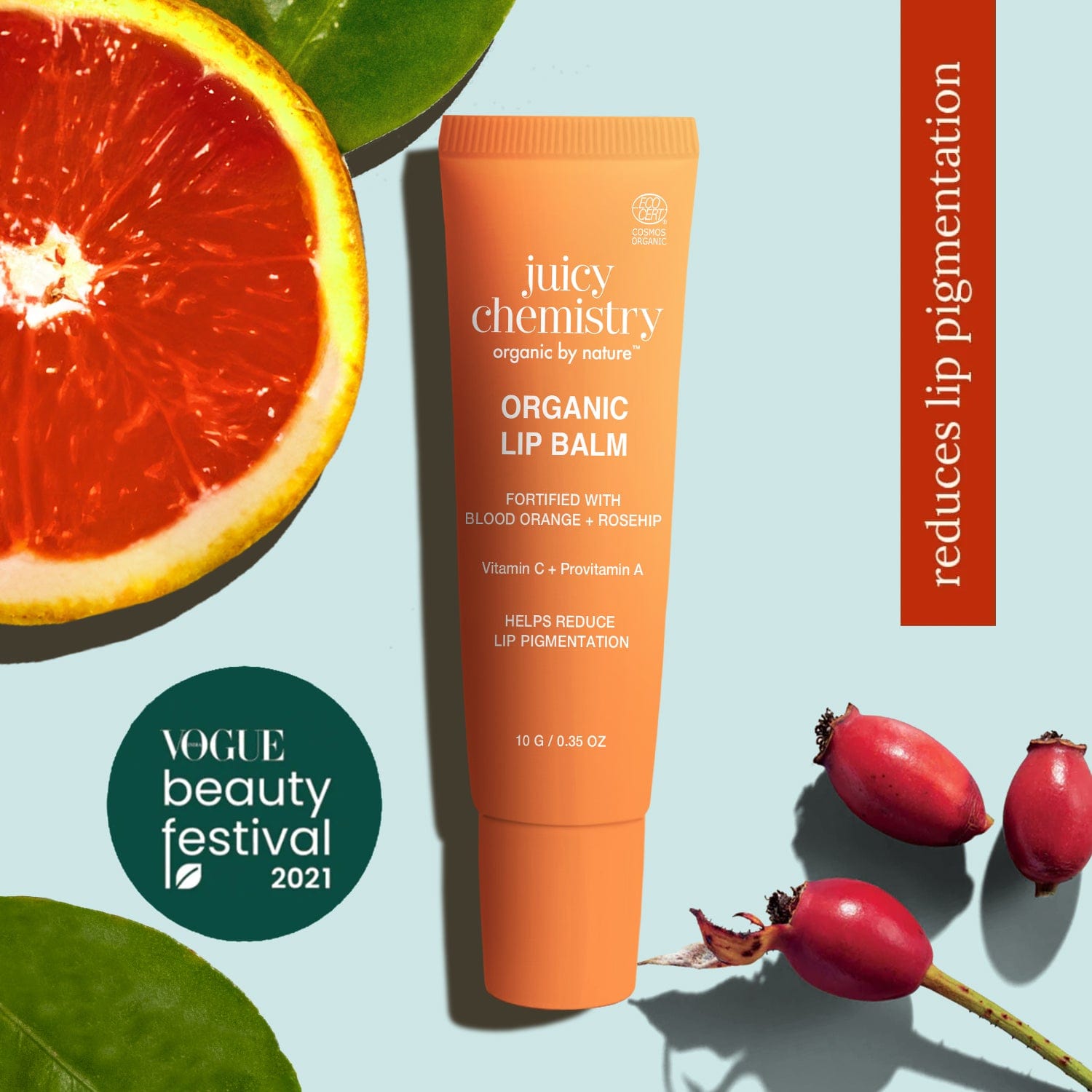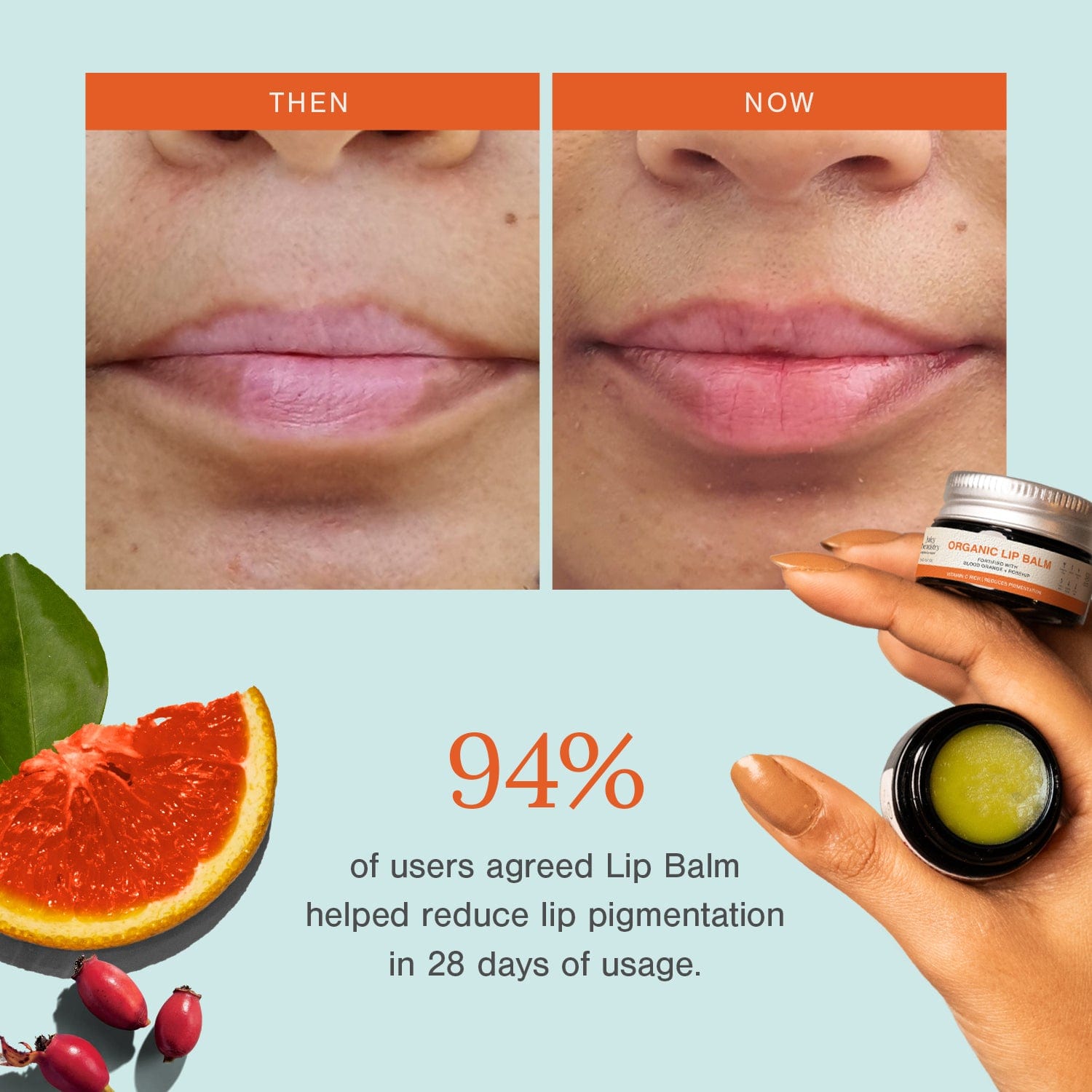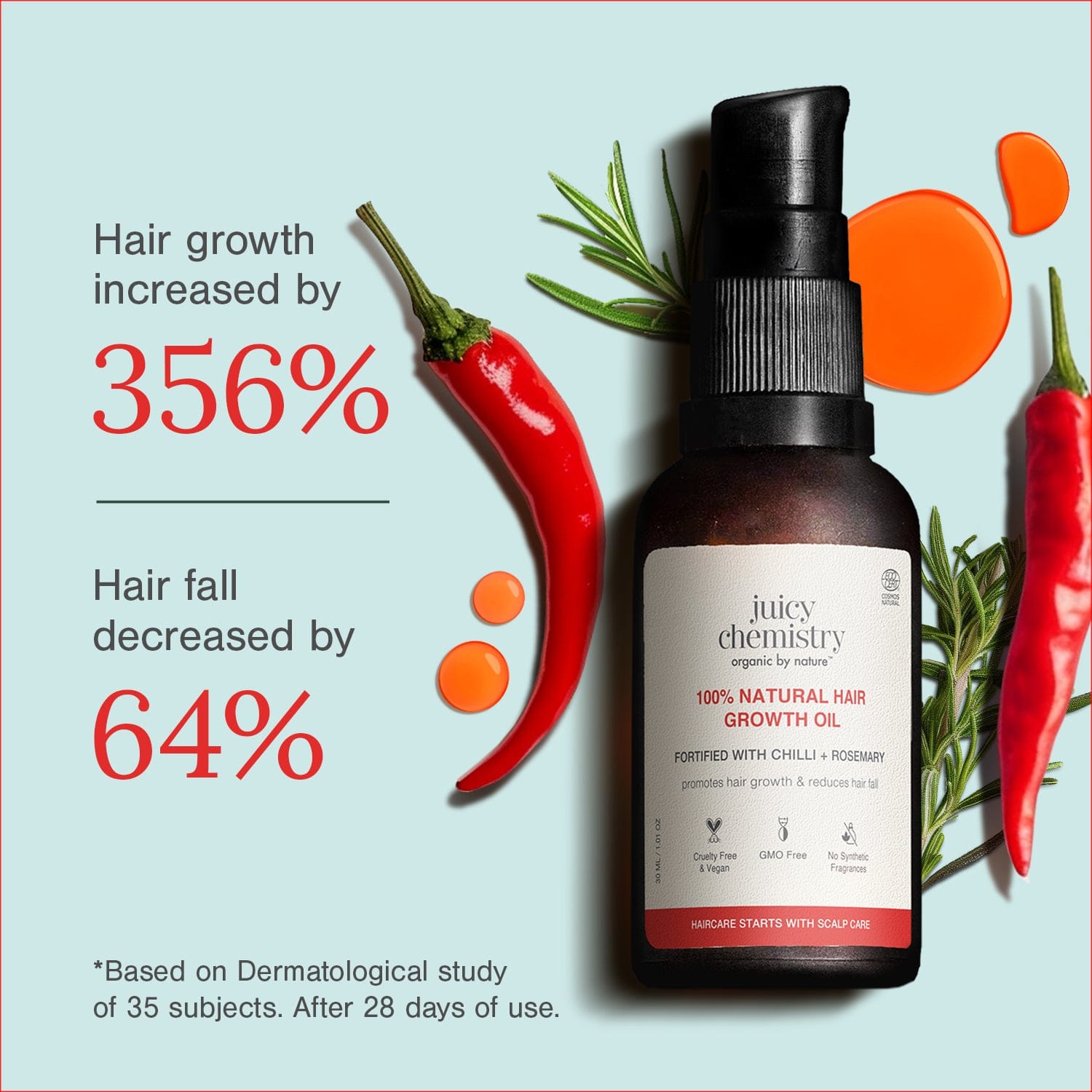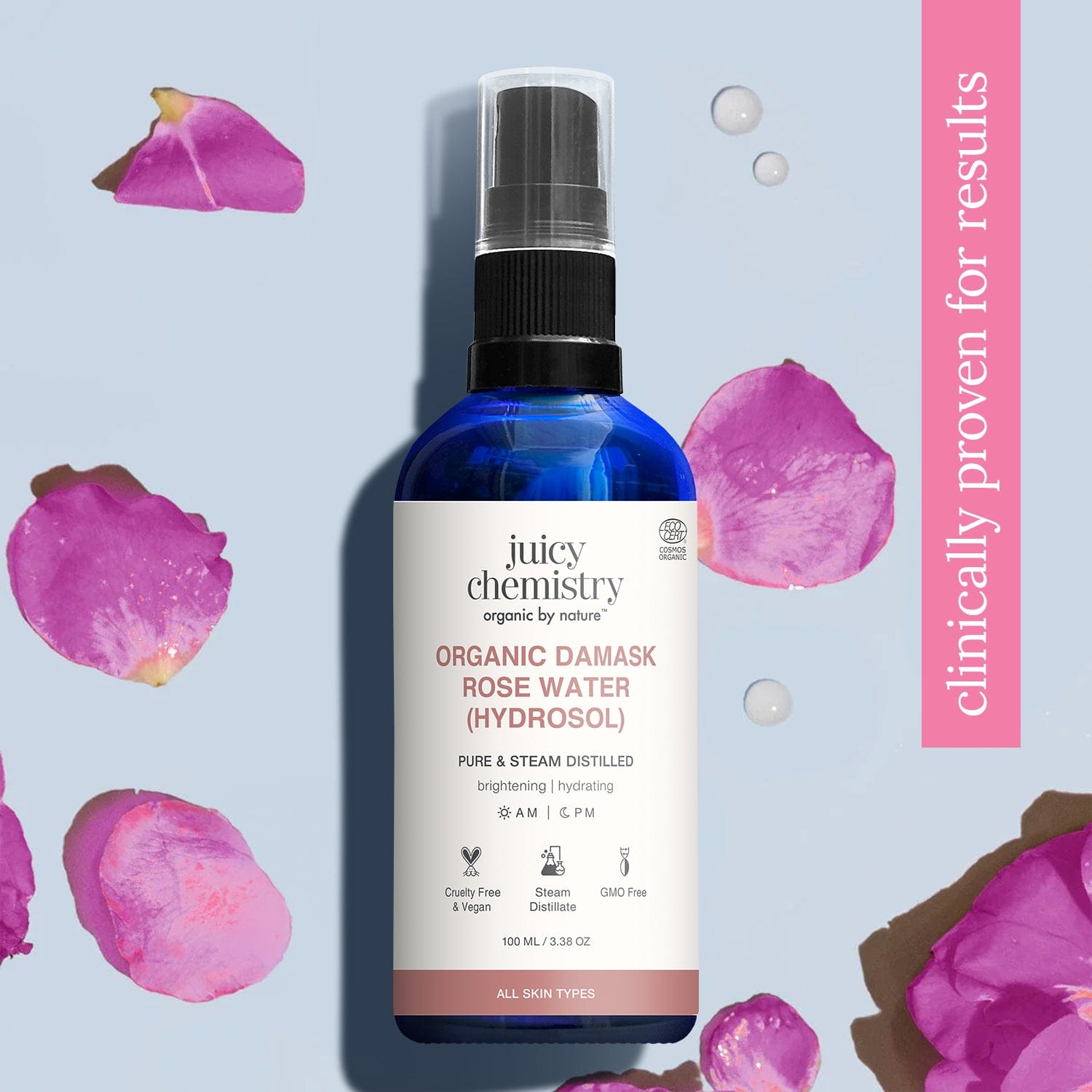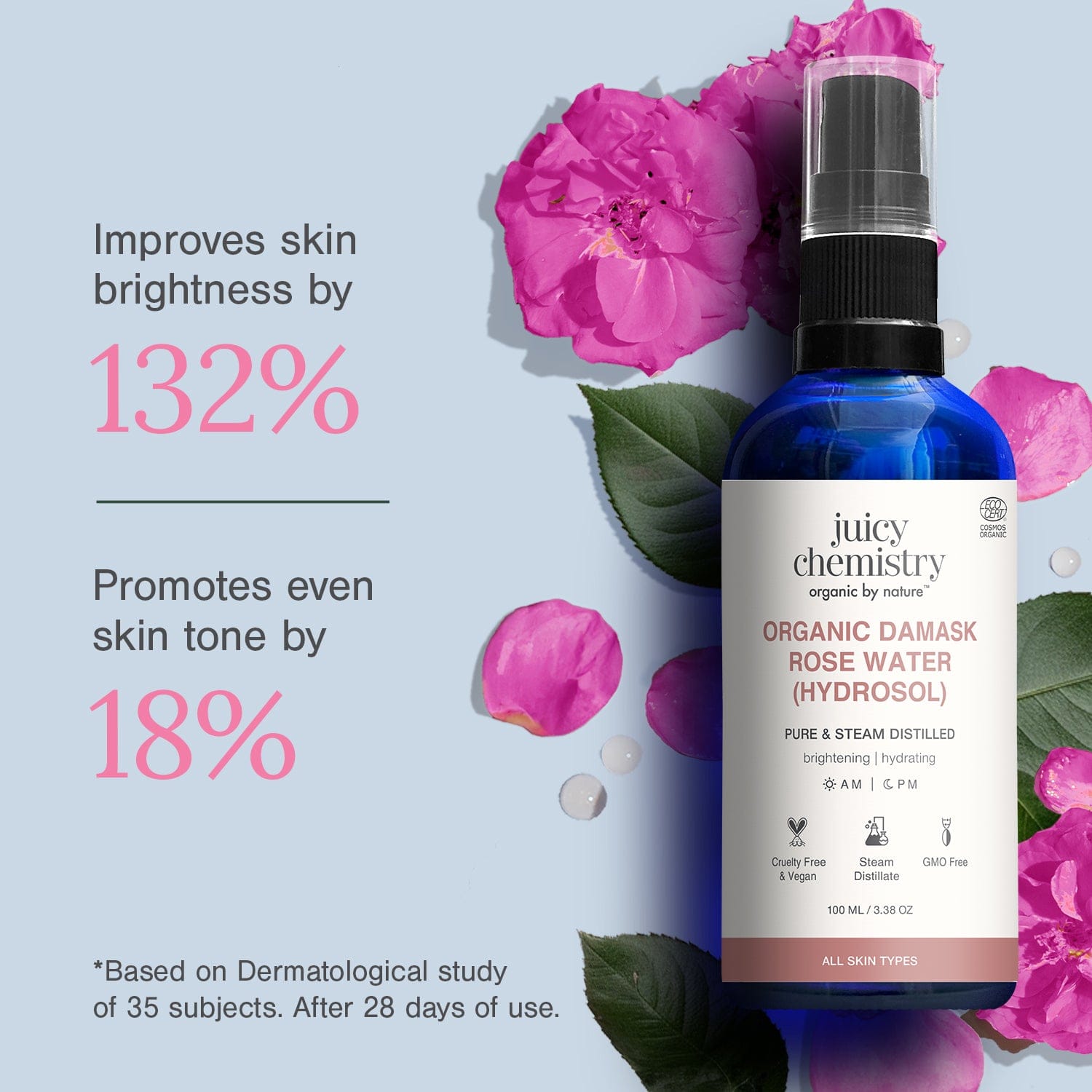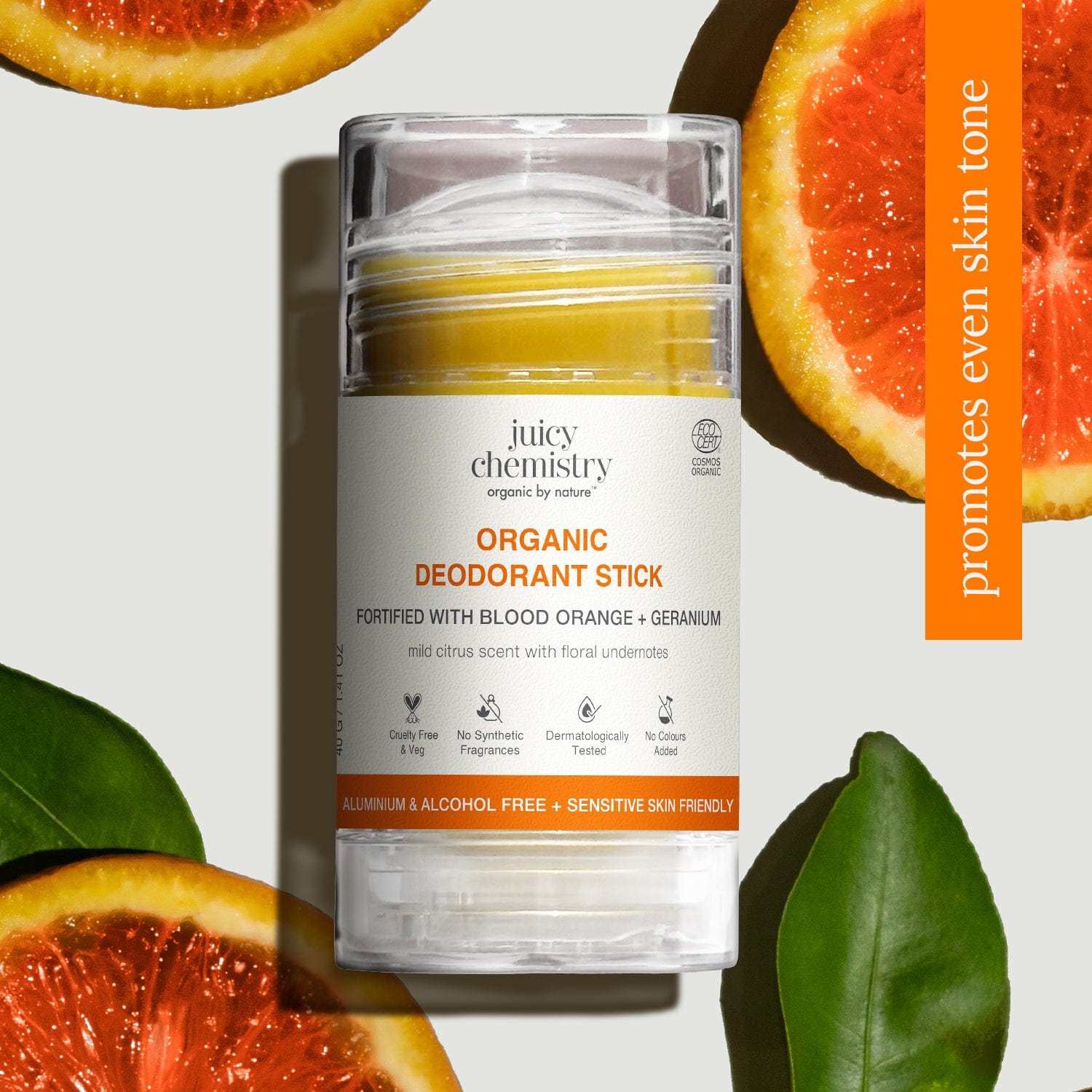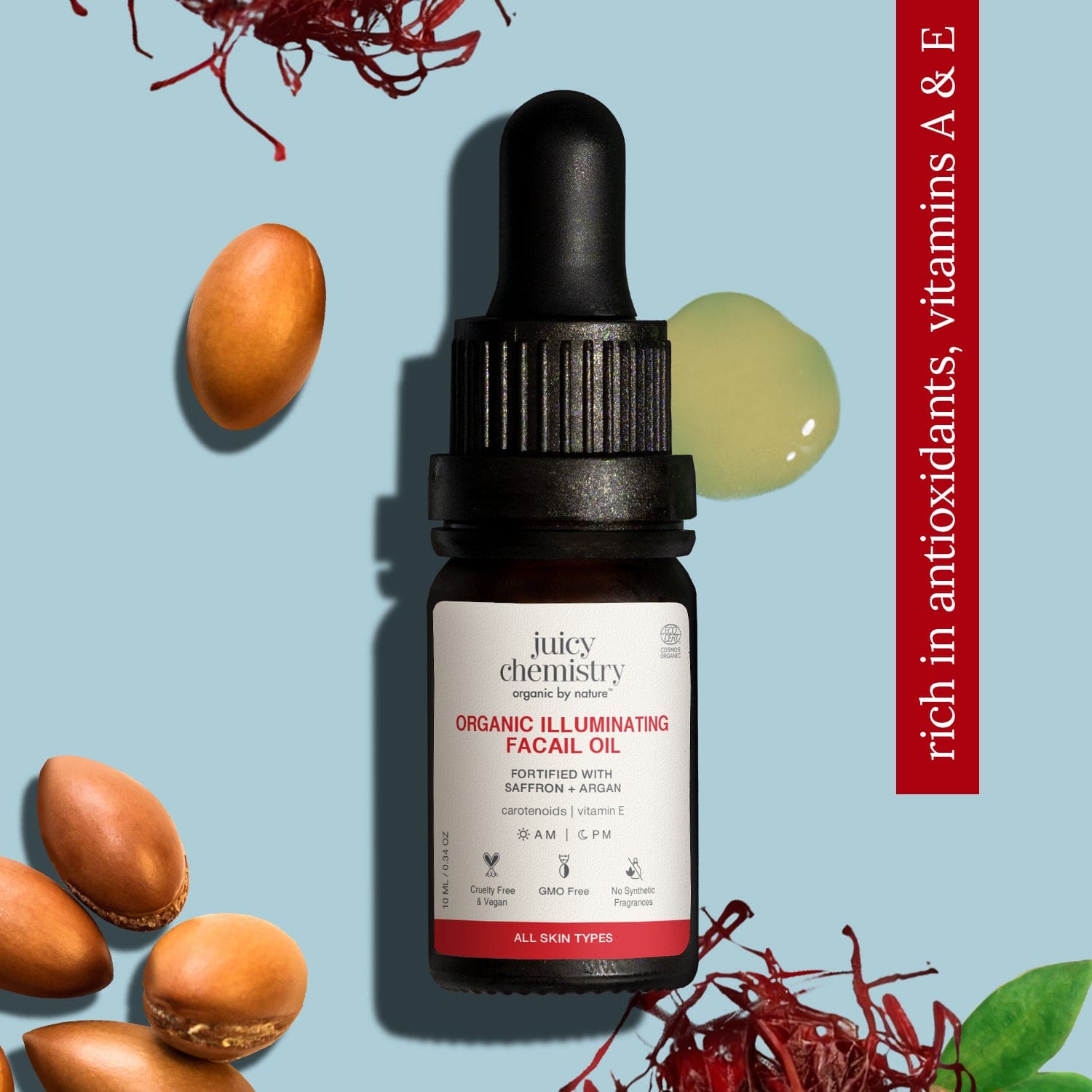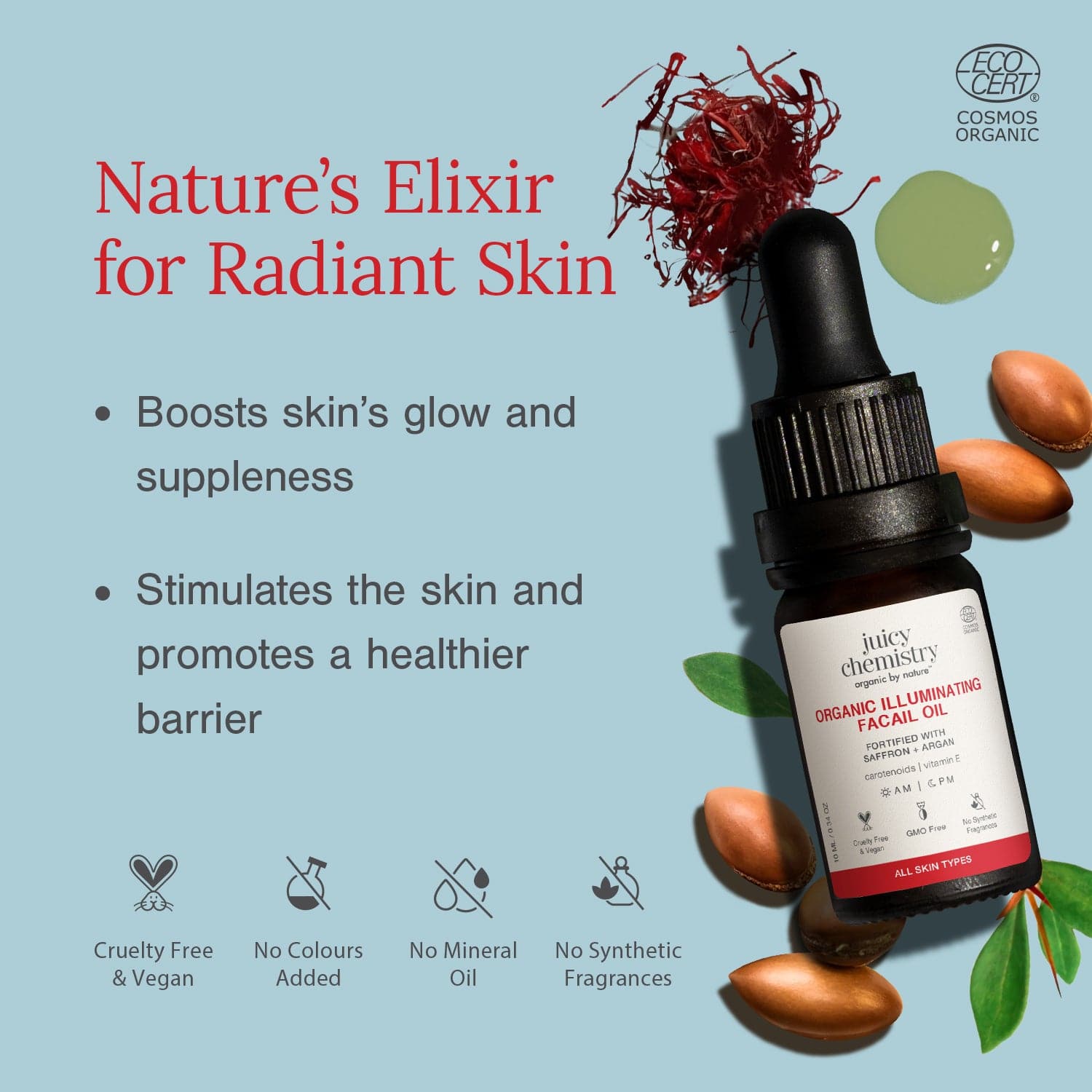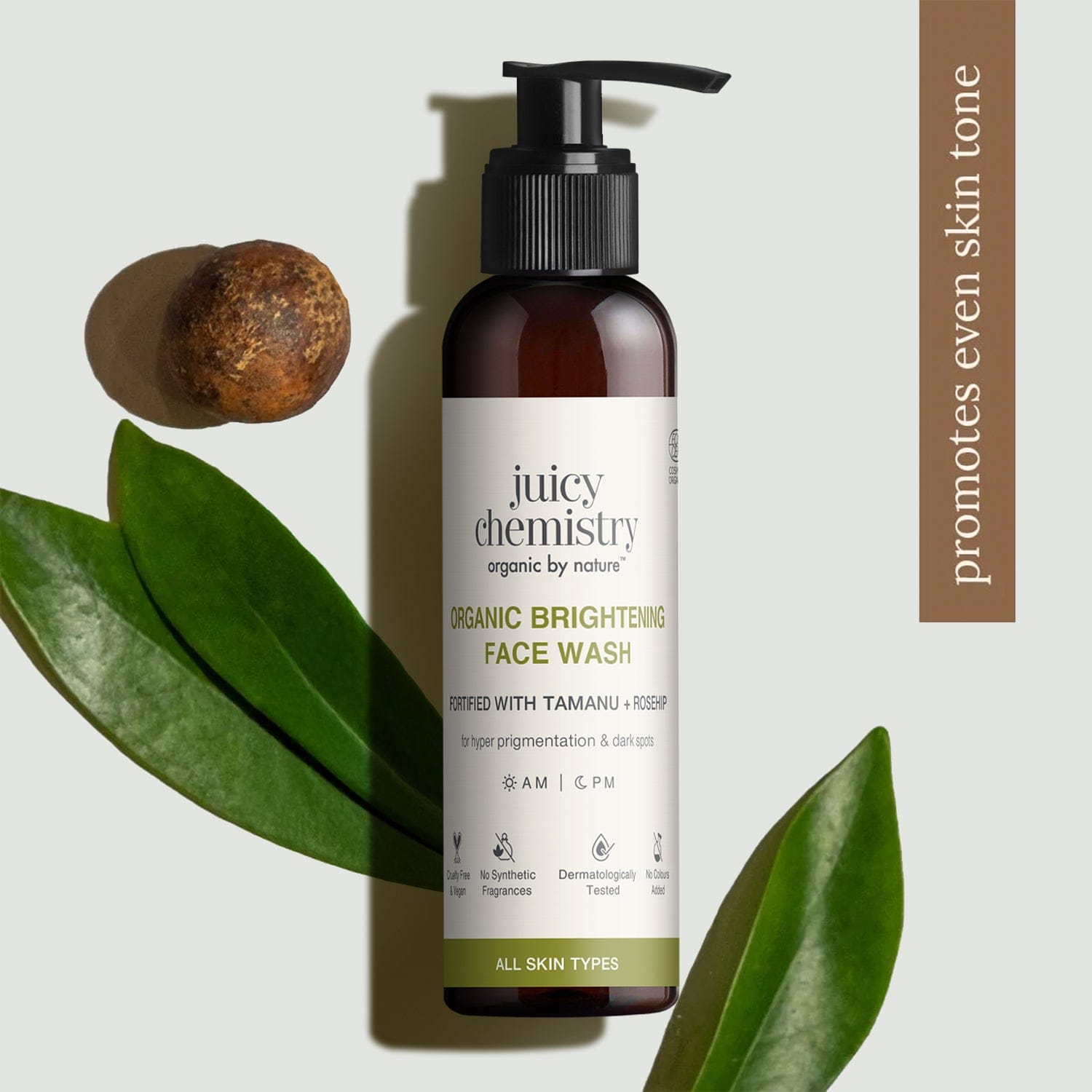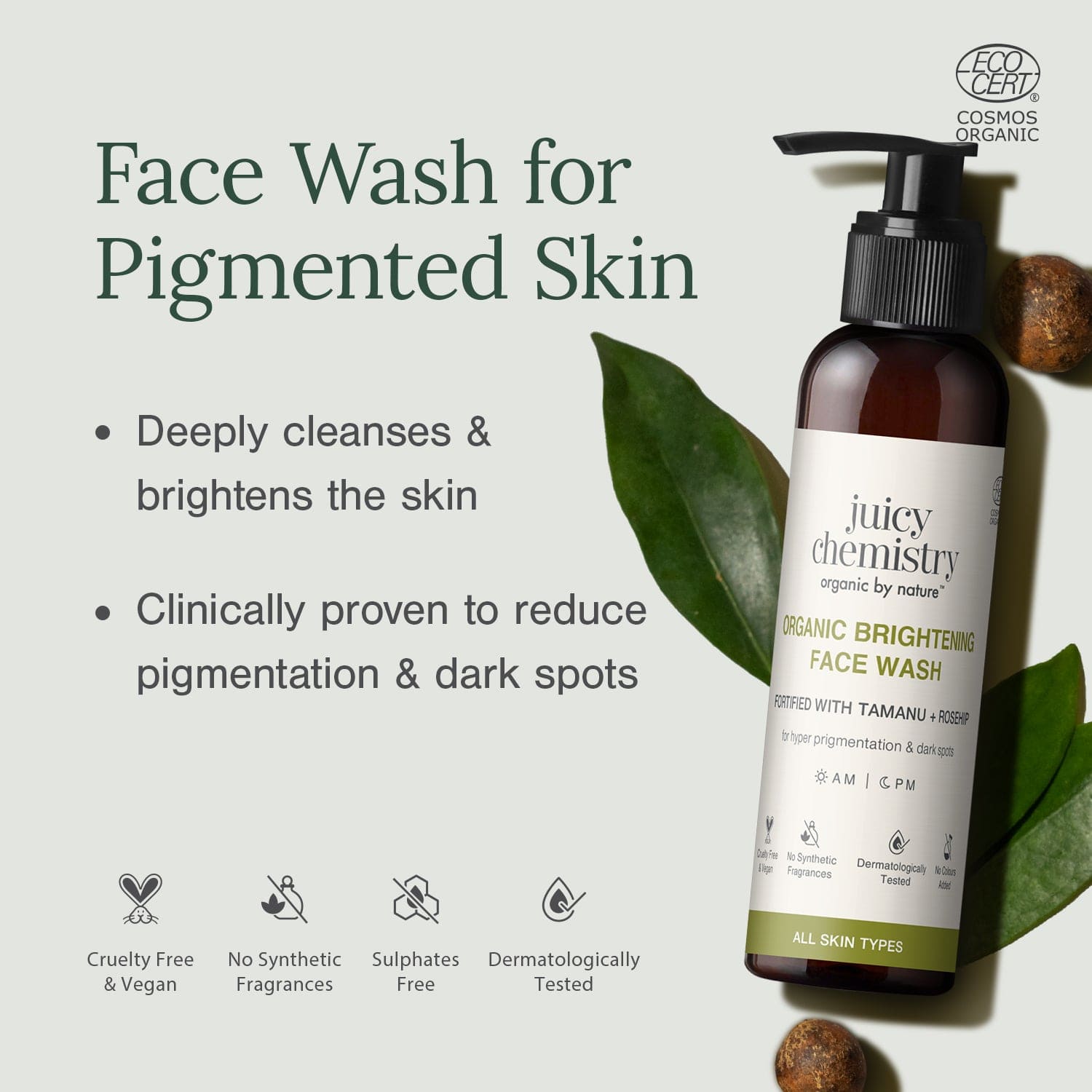Best Mineral Sunscreen In India
May 24, 2024If achieving healthy, youthful skin is your primary objective, incorporating sunscreen into your skincare regimen is essential. It safeguards our skin from the damaging effects of the sun, helping to prevent sunburns, uneven tanning, dark spots, and even wrinkles.
However, when it comes to choosing the appropriate sunscreen, the options can be quite daunting. Should you select a mineral sunscreen or a chemical one? Mineral sunscreens are gaining popularity due to their distinct advantages over chemical sunscreens. Yet, even within the mineral category, there are numerous choices available. In this article, we provide valuable insights about mineral sunscreens to assist you in finding the ideal mineral sunscreen for your skin type.
Mineral Vs. Chemical Sunscreens
Before delving into how to select mineral sunscreens, it’s crucial to grasp the differences between chemical and mineral sunscreens:
-
Mineral Sunscreen: Often referred to as physical sunscreen, mineral sunscreens function by absorbing and deflecting UV rays away from the skin. The active components in physical sunscreens include zinc oxide and titanium dioxide.
-
Chemical Sunscreens: Chemical sunscreens absorb UV rays and transform them into heat, which is then released from the skin. Common active ingredients found in chemical sunscreens include oxybenzone, avobenzone, and octocrylene.
Why Opt for a Mineral Sunscreen?
-
Offers Broad-Spectrum Protection:
Mineral sunscreens utilize broad-spectrum UV filters to protect your skin from both UVA and UVB rays. While UVA rays penetrate deeply into the skin, leading to premature aging, UVB rays primarily harm the outer layers, resulting in sunburn. Mineral sunscreen creates a protective barrier on the skin's surface, absorbing and reflecting both UVA and UVB rays away from the skin, providing the necessary broad-spectrum protection to prevent sun damage. -
Creates a Physical Barrier:
Similar to chemical sunscreens, mineral sunscreen can absorb UV rays and convert them into heat, which is released from the skin. However, the mineral particles also reflect some of the radiation away, preventing it from penetrating your skin. They rest on the skin's surface, forming a protective shield akin to clothing. This means mineral sunscreens are effective immediately upon application, eliminating the need to wait 15-20 minutes for them to take effect. -
Gentle on Sensitive Skin:
The inert properties of zinc oxide and titanium dioxide make them less likely to cause irritation or allergic reactions compared to certain chemical sunscreen ingredients, such as oxybenzone. Consequently, mineral sunscreens are recognized for their gentleness on the skin, making them suitable for everyone, including individuals with sensitive skin or those prone to conditions like acne, rosacea, or eczema. -
Contains Photostable Ingredients:
Another advantage of mineral sunscreens is their photostability. Many chemical UV filters tend to degrade when exposed to sunlight, losing their effectiveness. In contrast, zinc oxide and titanium dioxide are known for their stability under UV radiation and are less likely to break down in sunlight. -
Minimizes Skin Absorption Risk:
A recent study raised potential safety concerns regarding popular chemical filters like avobenzone and oxybenzone, which may be absorbed into the bloodstream in measurable amounts. Mineral sunscreens provide an additional benefit as they pose minimal risk of absorption into the skin. -
Safe for Pregnant Women:
Mineral sunscreens are frequently recommended for pregnant women due to their safety profile. Expectant mothers must be cautious about the ingredients in their skincare products, as certain chemicals may pose risks to the fetus. By choosing a mineral sunscreen, you can protect yourself from UV damage while ensuring your child’s safety. -
Kid-Friendly:
Children also require sunscreen since their delicate skin is more vulnerable to sun damage. Given that they can be picky about wearing sunscreen, it’s crucial to select a formula that doesn’t cause discomfort or irritation. Dermatologists recommend mineral sunscreen for children due to its gentle formulation and safety profile. -
Environmentally Friendly:
In recent years, certain chemical sunscreen filters like oxybenzone and octinoxate have been banned in some locations due to their harmful effects on coral life. These ingredients can contribute to coral bleaching and other detrimental impacts on marine ecosystems when washed off our skin. Mineral sunscreens are considered reef-safe and should be your preferred choice, especially if you’re vacationing by the beach.
How to Select the Best Mineral Sunscreen
-
SPF and PA Rating:
Your mineral sunscreen should have an SPF of at least 30 or higher and a minimum PA+++ rating to provide adequate protection against both UVA and UVB rays. While a higher SPF offers additional protection, it’s crucial to reapply your sunscreen regularly, regardless of the SPF level. -
UV Ingredients:
Some sunscreens marketed as mineral formulas may still contain chemical filters alongside mineral ones, known as hybrid sunscreens. A truly pure mineral sunscreen will only include zinc oxide or titanium dioxide as its active ingredients. Therefore, carefully read the ingredients list while shopping to ensure the sunscreen is genuinely 100% mineral. -
Hypoallergenic Formulas:
If you have sensitive, acne-prone skin that is susceptible to irritation or allergic reactions, choose a formula that does not contain artificial colors, fragrances, or other ingredients you wish to avoid. -
Skin Type:
Consider your skin type when selecting a mineral sunscreen. If you have oily or acne-prone skin, the best mineral sunscreen for you will be lightweight, non-comedogenic formulations. Conversely, if you have dry or sensitive skin, a formulation with moisturizing ingredients will keep your skin soft and hydrated throughout the day.
The Best Method to Apply Mineral Sunscreens
- Apply a generous amount of sunscreen to cover all exposed areas of the skin. This typically amounts to ½ teaspoon for your entire face, neck, and ears.
- To ensure optimal protection, blend the sunscreen thoroughly into the skin and wait a few minutes for it to be completely absorbed before applying any makeup products.
- Reapply mineral sunscreen every 2-3 hours, or immediately after swimming, sweating, or washing your face to maintain skin protection throughout the day.
- Don’t forget to apply sunscreen to often-overlooked areas like the ears, upper chest, and back of the neck, which are also exposed to UV rays.
Purchase the Best Mineral Sunscreen in India.
We dedicated two years to extensive research and testing to develop this family-friendly mineral sunscreen that provides broad-spectrum UV protection while feeling comfortable on the skin. Our SPF 40 PA++++ moisturizing mineral sunscreen is India’s first Ecocert-certified organic sunscreen. The lightweight, fast-absorbing formula is vegan, cruelty-free, and has an invisible finish with no white cast.
It also contains phytonutrients and natural emollients like squalane, argan oil, and aloe vera to soothe and hydrate your skin. Suitable for all skin types, including sensitive and acne-prone skin, this broad-spectrum mineral sunscreen will protect your entire family from sun damage throughout all seasons. It is non-comedogenic, pregnancy-safe, kid-safe (for ages 2+), reef-safe, and dermatologically tested. Shop here.
FAQs
Does mineral sunscreen leave a white cast?
This has been the case for many older formulations. However, modern formulations leave little to no white residue, especially when blended properly into your skin. Therefore, even if you have a darker skin tone, you can confidently wear a mineral sunscreen daily without appearing ashy.
Which is superior, chemical or mineral sunscreen?
While both mineral and chemical sunscreens provide UV protection, mineral sunscreens excel due to their broad-spectrum coverage and gentle formulation that suits even the most sensitive skin types. If you’re seeking a safe, effective formula that won’t irritate your skin while protecting it from harmful sun rays, mineral sunscreen is your best option.
Are there any side effects associated with using mineral sunscreen?
Mineral sunscreen is generally considered safe for all skin types and ages. However, we recommend conducting a patch test to determine if the formula is suitable for your skin type and does not cause any allergic reactions.

